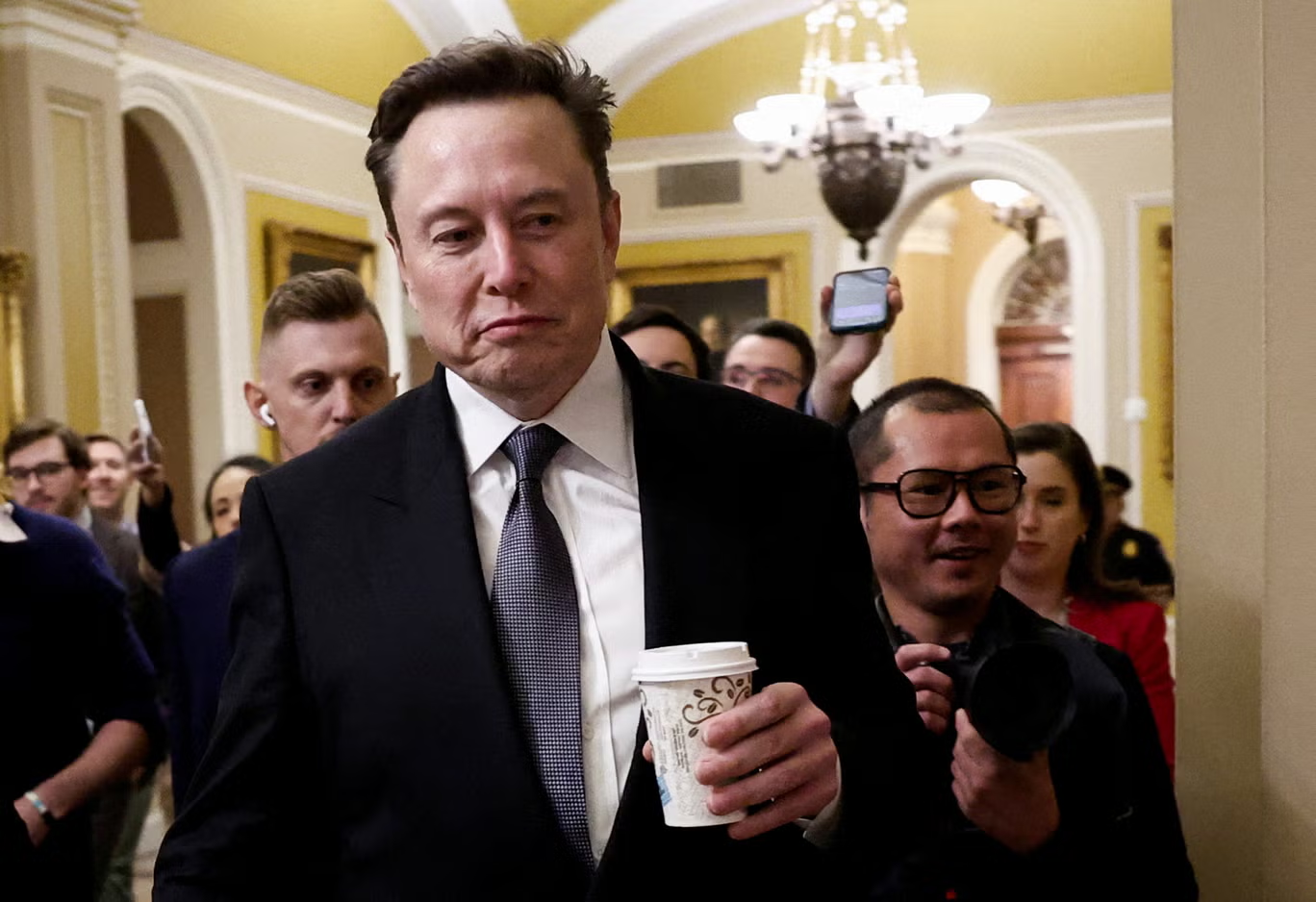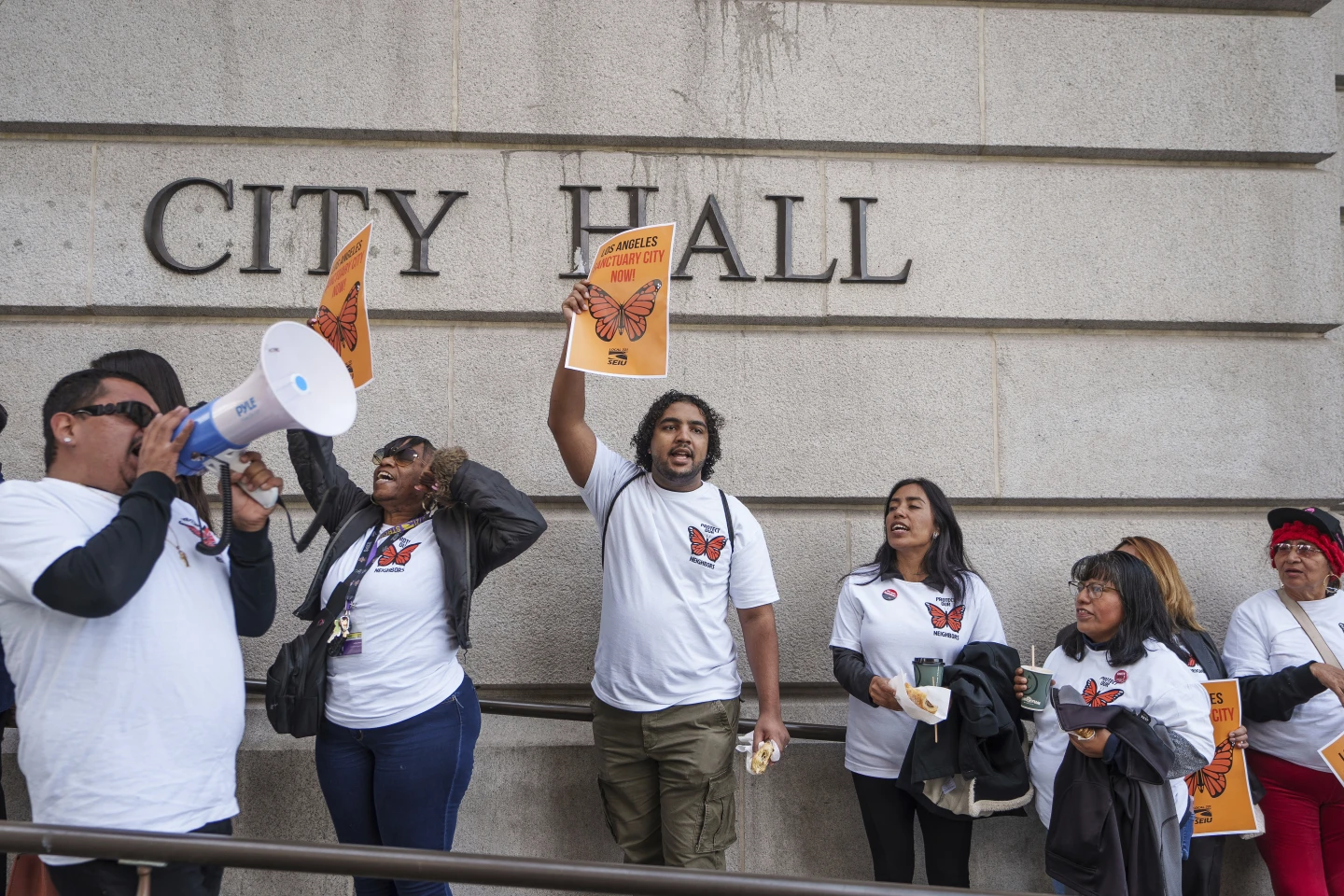International Arrest Warrants Spark Global Controversy
The International Criminal Court (ICC) has issued a series of arrest warrants for Israeli Prime Minister Benjamin Netanyahu, former Defense Minister Yoav Gallant, and Hamas military commander Mohammed Deif. The ICC accuses each of them of numerous war crimes and crimes against humanity in connection with the war between Israelis and Palestinians in Gaza. These rulings have amplified debates over accountability and justice in conflict zones.
Netanyahu and Gallant Face Allegations of War Crimes
The ICC said that its pre-trial chamber had rejected Israel‘s jurisdictional challenges. The court then issued warrants for Netanyahu and Gallant, accusing them of deliberate attacks against civilians and starvation as a weapon of war. These claims are related to Israel‘s military operations in Gaza following Hamas‘s attack on southern Israel on October 7, 2023.
The ICC charges that Israeli leaders bear criminal responsibility for many civilian casualties. At least 44,000 people have been reported dead in Gaza since the conflict began, according to health authorities in the Hamas-run territory.
Hamas Leaders Also Under ICC Scrutiny
The court also indicted Hamas commanders, including Mohammed Deif, whom Israeli authorities claimed was killed in an airstrike in July. The court said it could not verify his death independently. Prosecutor Karim Khan charges Deif with crimes ranging from extermination to hostage taking, rape, and torture during the deadly assault in October 2023.
The ICC arrest warrant for Deif follows earlier warrants that have been put on Ismail Haniyeh and Yahya Sinwar, the prominent Hamas leaders. Reported Israeli strikes had killed these people, yet the ICC has not confirmed these reports.
Events Leading to the ICC’s Investigation
The investigation is derived from the Hamas attack of October 2023, in which it killed nearly 1,200 people and took 251 hostages into Gaza. Israel responded with a massive military campaign to destroy Hamas‘s operational capacities. Conflict had deteriorated into one of the deadliest encounters in the region‘s modern history.
Prosecutor Karim Khan claims that the both parties committed war crimes against each other. Regarding Hamas, the charges include targeting civilians, systematic extermination, and other human rights violations. Israel is also charged with using disproportionate means and implementing measures that endangered civilian lives.
Global Reactions and Legal Ramifications
Neither Israel nor Hamas has accepted the ICC‘s jurisdiction or the legitimacy of the allegations. Israel, supported by its close friend the United States, has always rejected the authority of the ICC. Both countries insist that the court has no jurisdiction over non-member states. The ICC counts on its 124 member countries to enforce arrest warrants, making uncertain whether or not the warrants will result in arrests.
Critics of the ICC move argue that it will politicize international justice. Supporters, however, see warrants as critical steps toward accountability for war crimes.
Challenges in Enforcing the Warrants
It remains uncertain whether the ICC could enforce its decisions since neither Israel nor Hamas would fall within its jurisdiction. Arrest warrants to detain leaders or key individuals in a conflict would pose problems of a political and diplomatic nature for member states of the ICC.
Additionally, the court’s decision may complicate ongoing international efforts to mediate peace between Israel and Hamas. Observers fear that heightened legal scrutiny could harden positions on both sides, making negotiations more difficult.
A Precedent in International Justice
The arrest warrants issued by the ICC against Netanyahu, Gallant, and Deif signal a high-octane move in leaders being held accountable for their deeds during an armed conflict. While such trials may face political and practical hurdles, the actions of the court underscore the growing demand for accountability worldwide. How these warrants will play out in actual prosecutions or as symbolic gestures remain to be seen.











